1. Hands-On Learning vs. Theoretical Learning
Traditional Education: In a typical classroom setting, students often engage with a STEM curriculum focused on lectures and textbooks. While this method provides essential foundational knowledge, it may lack engagement and application.
STEAM Workshops: In contrast, STEAM workshops emphasize hands-on learning experiences. Students participate in various STEAM activities, using real materials to experiment and create. For example, rather than just learning about physics concepts, students might build a catapult, allowing them to see the principles of motion in action.
2. Creativity vs. Conformity
Traditional Education: Many traditional STEM lessons prioritize standardized testing and conformity to established methods. Creativity may take a back seat, leading to a narrow focus on correct answers rather than innovative thinking.
STEAM Workshops: STEAM workshops encourage creativity and problem-solving through engaging STEAM projects. Students are challenged to think outside the box and develop solutions to real-world problems. This freedom nurtures a spirit of innovation, which is crucial in today’s rapidly changing world.
3. Individual Learning vs. Collaborative Learning
Traditional Education: Conventional classrooms often emphasize individual learning, where students work independently and compete for grades. This approach can limit collaboration and peer learning.
STEAM Workshops: On the other hand, STEAM workshops promote a collaborative learning environment. Students often work in teams on STEAM activities for elementary education, sharing ideas and learning from each other. This teamwork mimics real-world scenarios and teaches valuable communication skills.
4. Subject Isolation vs. Interdisciplinary Integration
Traditional Education: In traditional settings, subjects are often taught in isolation. For instance, science concepts may not connect with art or technology, making it difficult for students to see the relevance of their studies.Speak to an Expert Now!
STEAM Workshops: In contrast, STEAM education integrates multiple disciplines. Workshops often blend science with art or technology, demonstrating how these fields interact. For instance, a project that combines engineering with artistic design showcases the importance of aesthetics in functional objects, reinforcing interdisciplinary learning.
5. Limited Relevance vs. Real-World Application
Traditional Education: Many students find theoretical concepts challenging to relate to their daily lives, making learning feel disconnected and abstract.
STEAM Workshops: STEAM workshops focus on real-world issues, providing context for the theories students learn in class. When working on projects addressing local community challenges, students can see the relevance of their education, motivating them to engage more deeply with the material.
6. Skill Development vs. Knowledge Acquisition
Traditional Education: Traditional methods often emphasize knowledge acquisition, where students memorize facts and figures for exams, which may not prepare them for real-world challenges.
STEAM Workshops: Conversely, STEAM workshops focus on developing essential skills for the future. In addition to creativity and collaboration, these workshops emphasize critical thinking, adaptability, and technical skills. Students who engage in STEAM learning build a versatile toolkit that will benefit them in various fields.
Join the STEAM revolution!
Ultimately, STEAM workshops represent a significant shift from traditional educational methods. By prioritizing hands-on learning, creativity, collaboration, interdisciplinary integration, real-world relevance, and skill development, STEAM workshops effectively bridge the gap between theory and practice. As education continues to evolve, embracing STEAM activities and projects will be essential for preparing students to thrive in an increasingly complex world.
Now is the time to ensure your students are not just passive recipients of knowledge but active, innovative participants in their learning journey. Explore STEAM workshops at your school and witness the transformative power of experiential education!

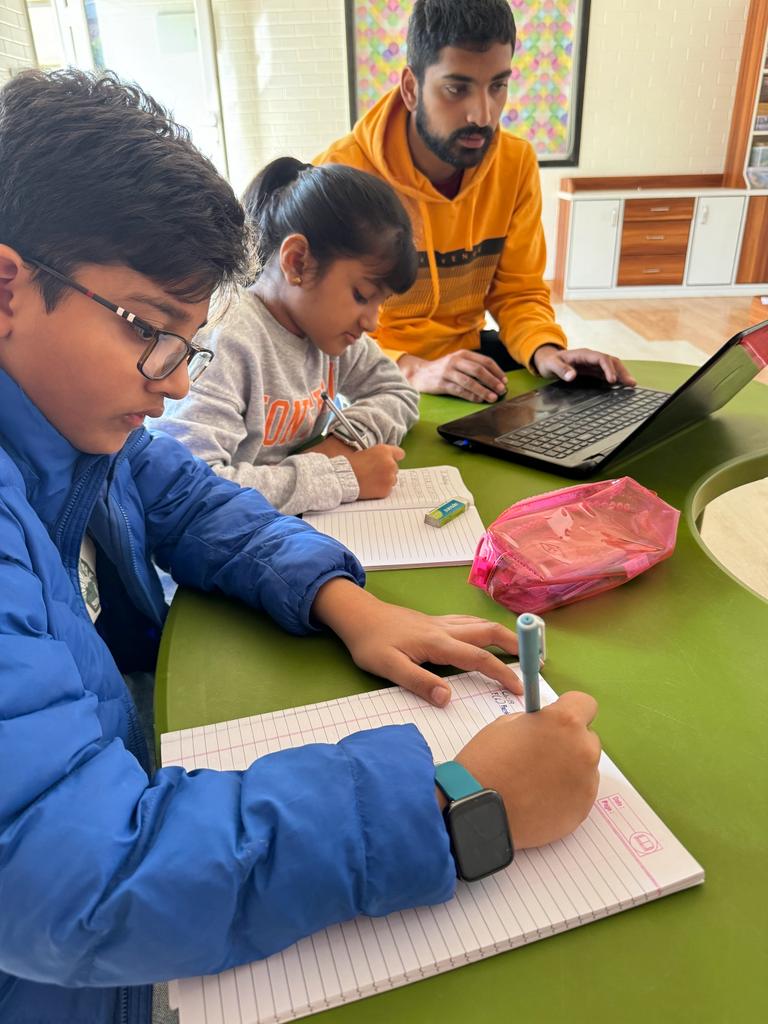








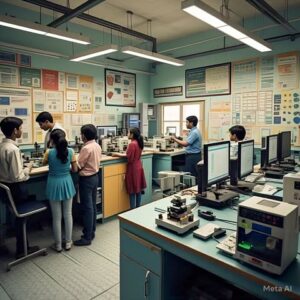
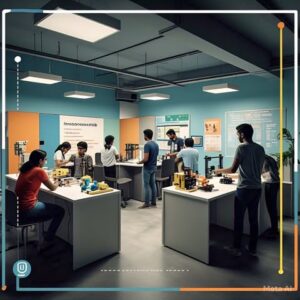

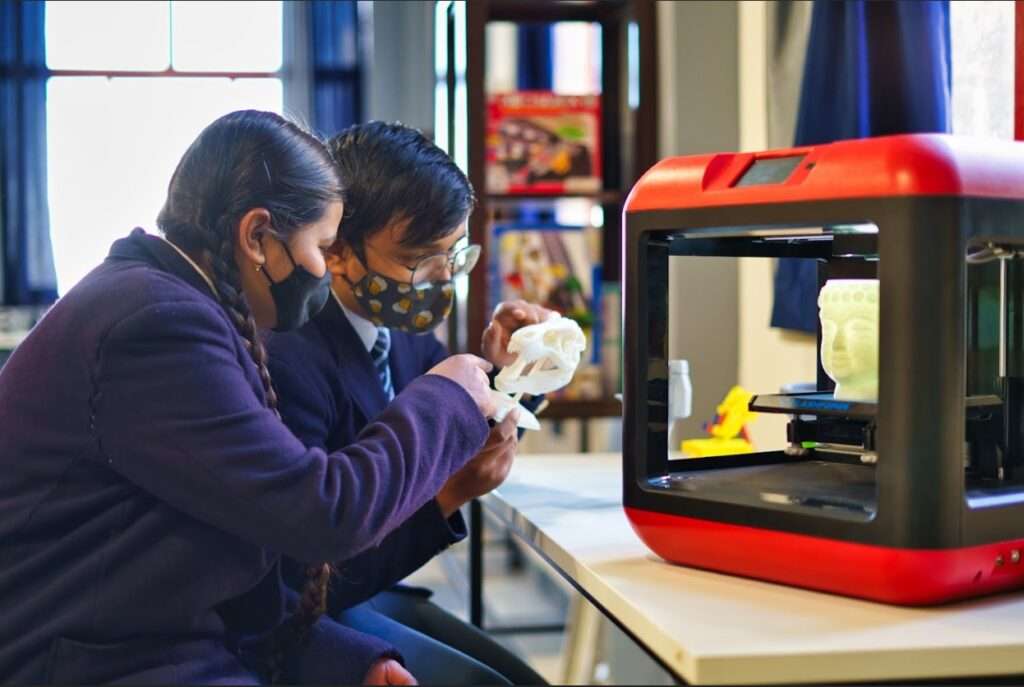
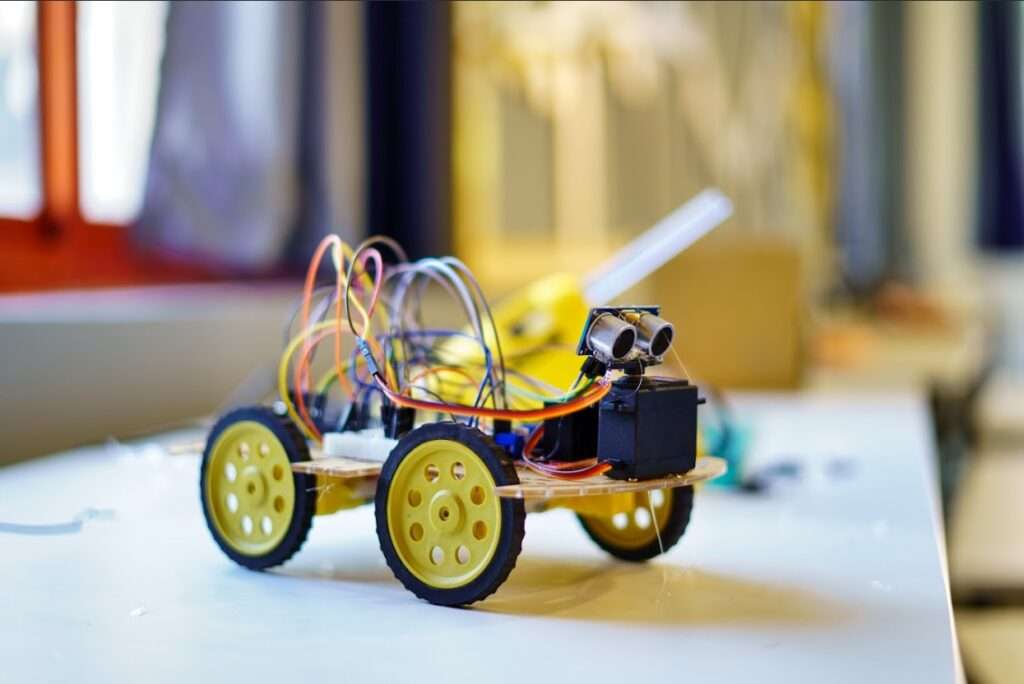

This Post Has 2 Comments
I am truly thankful to the owner of this web site who has shared this fantastic piece of writing at at this place.
Thank you for your kind words! If you have any questions, feel free to reach out to us at hello@makersmuse.in.